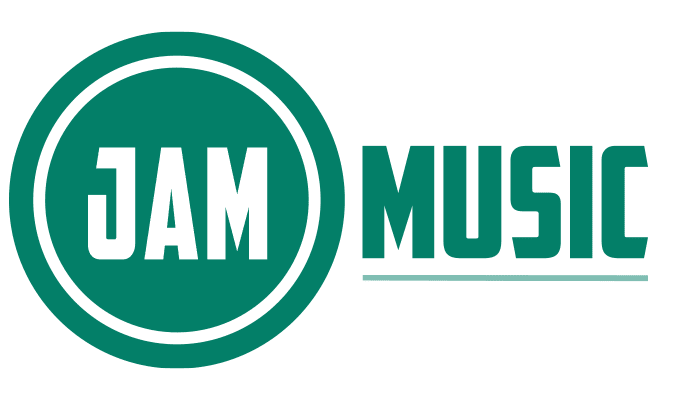Music therapy is an evidence based profession, where the planned and intentional use of music based interventions are used to help rehabilitate, restore, or maintain health, functioning and well-being.
Many domain needs can be attended to in a music therapy session, such as; improving fine and gross motor skills, developing or increasing communication skills, facilitating social interaction between the client and music therapist or client and their family/fellow peers.
Music therapy has the capacity to ‘enhance functional abilities while simultaneously enriching creative and expressive capacities.
Targeted music-based interventions are used to reach these goals such as; familiar song singing, vocal and instrument improvisation, moving to music, music listening and much more.
Music therapists work in a variety of settings. In educational settings, music therapy facilitates many developmental skills in children and adolescents with learning and intellectual disabilities, sensory impairments, emotional and behavioural disorders, communication deficits and developmental disabilities including Autism.
Every person is uniquely responsive to music despite illness, impairment or disability. People of all ages can benefit from music therapy regardless of musical skill or background, though music therapists may draw on a client’s musical preferences and personal tastes. Music therapy is not music teaching or entertainment.
It stimulates all of the senses and involves the child at many levels, encouraging socialisation, self-expression, communication, and motor development. Music therapy is a supportive intervention within the recovery approach in mental health services and provides an avenue for expressive experiences of mental health difficulties and trauma as well as managing negative symptoms such as depression and anxiety. In hospital and rehabilitation settings music therapy interventions support people with medical symptoms such as pain management and contribute to rehabilitation goals and recovery.
Music therapy is used effectively in neonatal settings, oncology, burns, acquired brain injury and stroke. It is widely employed in older persons services, supporting those living with dementia, promoting positive mood, cognitive function, communication, reminiscence and managing behavioral and psychological symptoms of dementia. In palliative care settings, music therapy supports individuals through end of life in providing emotional support, inspiring life review and alleviating symptoms.
For much more information on music therapy please have a look at the IACAT official website here


© 2025 Jam Music Company Ltd. All rights reserved. Registered in Ireland. CRO: 456593.